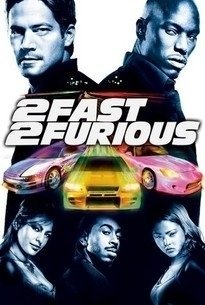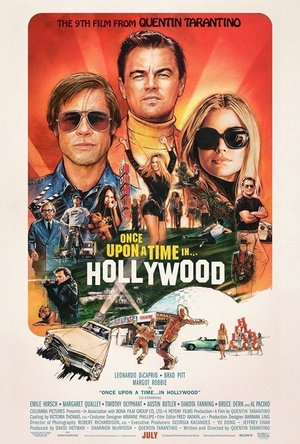
The Pietro Bembo on Etna: The Ascent of a Venetian Humanist
Book
This book is centered on the Venetian humanist Pietro Bembo (1470-1547), on his two-year stay in...
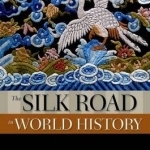
The Silk Road in World History
Book
The Silk Road was the current name for a complex of ancient trade routes linking East Asia with...
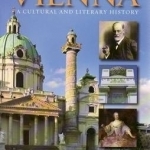
Vienna: A Cultural and Literary History
Book
From border garrison of the Roman Empire to magnificent Baroque seat of the Habsburgs, Vienna's...
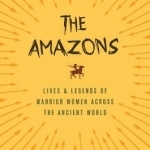
The Amazons: Lives and Legends of Warrior Women Across the Ancient World
Book
Amazons--fierce warrior women dwelling on the fringes of the known world--were the mythic...

Theodora: Actress, Empress, Saint
Book
Two of the most famous mosaics from the Byzantine period, from the church of San Vitale in Ravenna,...
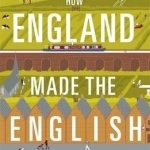
How England Made the English: From Why We Drive on the Left to Why We Don't Talk to Our Neighbours
Book
Harry Mount's How England Made the English: From Why We Drive on the Left to Why We Don't Talk to...
Jesters_folly (230 KP) rated 2 Fast 2 Furious (2003) in Movies
May 28, 2021
I think that 2 Fast 2 Furious is actually slightly better than the first film (the Fast and the Furious), it has many of the same tropes and ideas of the first film, the street racing, cars and crime and it seems to have a better balance between the main elements. In both films Brian is tasked with infiltrating a criminal organisation with the task of finding out information and, from a narrative prospective 2 Fast seems to make a better job of this.
There is slightly less time given over to actual street racing but this is replaced with car chases which seem to use more police cars than 'The Blues Brothers'.
There is some time given over to character development as we find out more about Brian's past with the introduction of his old friend, Roman Pearce which gives us a bit more information as to his actions at the end of the first film.
Brian's relationship with the polices is surprisingly similar to the first film, even though Brian is now a wanted convict he is still aids and trust him. We also have the agent who doesn't trust Brian, this time in the form of customs Agent Markhan which basically gives us the same police set up the first film.
2 Fast 2 Furious does a good job of not being a clone of it's predecessor whilst still keeping the cars, the speed, the races and chases. There are a couple of scenes at the start that are similar to the first film but these are to help re introduce Brian and set the tone of the film. If you liked the first one then you should give the sequel a watch. (But you probably already know that as this is an old film 😊 )
LeftSideCut (3776 KP) rated Once Upon a Time in Hollywood (2019) in Movies
Aug 28, 2019 (Updated Oct 25, 2019)
It's a loooong film (perhaps a little too long), and I feel that even some proper Tarantino fans may struggle to get along with it.
The film feels like a full on love letter to Hollywood during the late 60s, and Tarantino's passion for this period is obvious.
The audience are spoiled with gorgeous shots throughout, set to a backdrop of great music (as per usual).
The cast are fantastic - I've mentioned before on here that I'm an unashamed Brad Pitt fanboy, and nothing here changes that. Leonardo DiCaprio is also great (just as he was in Django Unchained) as the two of them stick by each other as Rick Dalton's (DiCaprio) acting career starts to waver.
Living just up the road from Rick are Roman Polanski and Sharon Tate (played by a hugely charming Margot Robbie).
As the film progresses, I found myself wondering what story was trying to be told, but it does all tie up in a very Tarantino way. It's pretty glorious (no spoilers here).
The plot certainly benefits from the viewer having prior knowledge to the horrific Manson family/Tate murder.
The final 20 minutes is where things ramp up, after a very slow burning 2 hours... and after Tarantino's last 3 movies, which I found more action heavy than some of his early work, it's a different approach, and a reason why I think some people may struggle with it.
The pacing is, weirdly, most akin to Death Proof - an extremely dialogue heavy movie with a crazy final act.
But the huge amount of dialogue we're subjected to is pretty much perfect. It's a real treat if you have the patience.
Once Upon a Time... can proudly stand shoulder to shoulder with the rest of Tarantino's portfolio.

GameNet for - UEBS Ultimate Epic Battle Simulator
Reference and Entertainment
App
Here is a sandbox like no other. Create massive battles with absolutely no limits. Want to see...
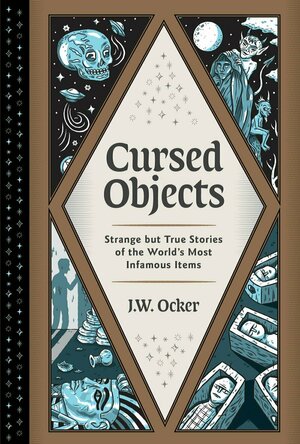
Cursed Objects: Strange but True Stories of the World's Most Infamous Items
Book
An illustrated compendium that reveals the true stories behind the most infamous, creepy, and...
